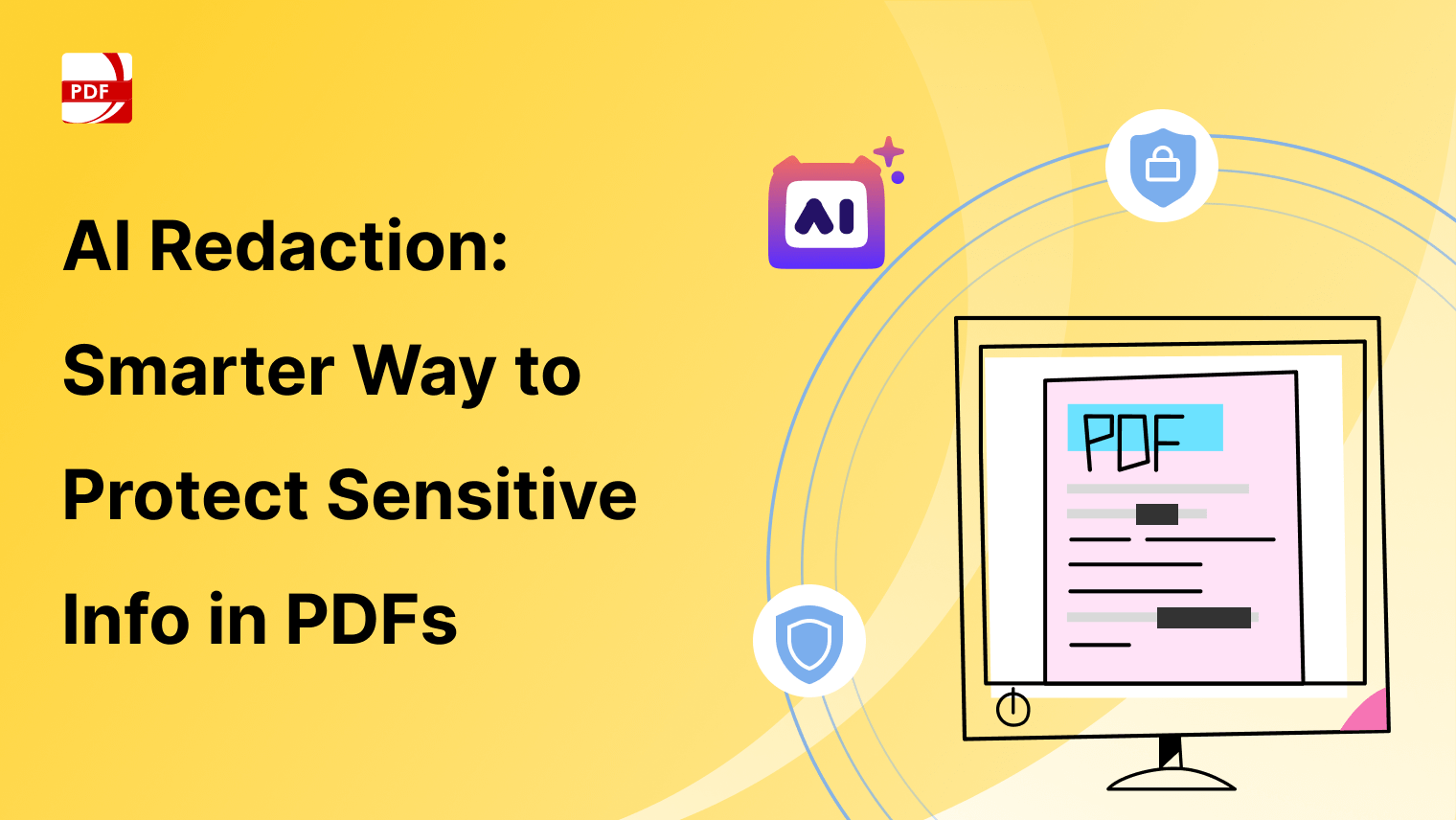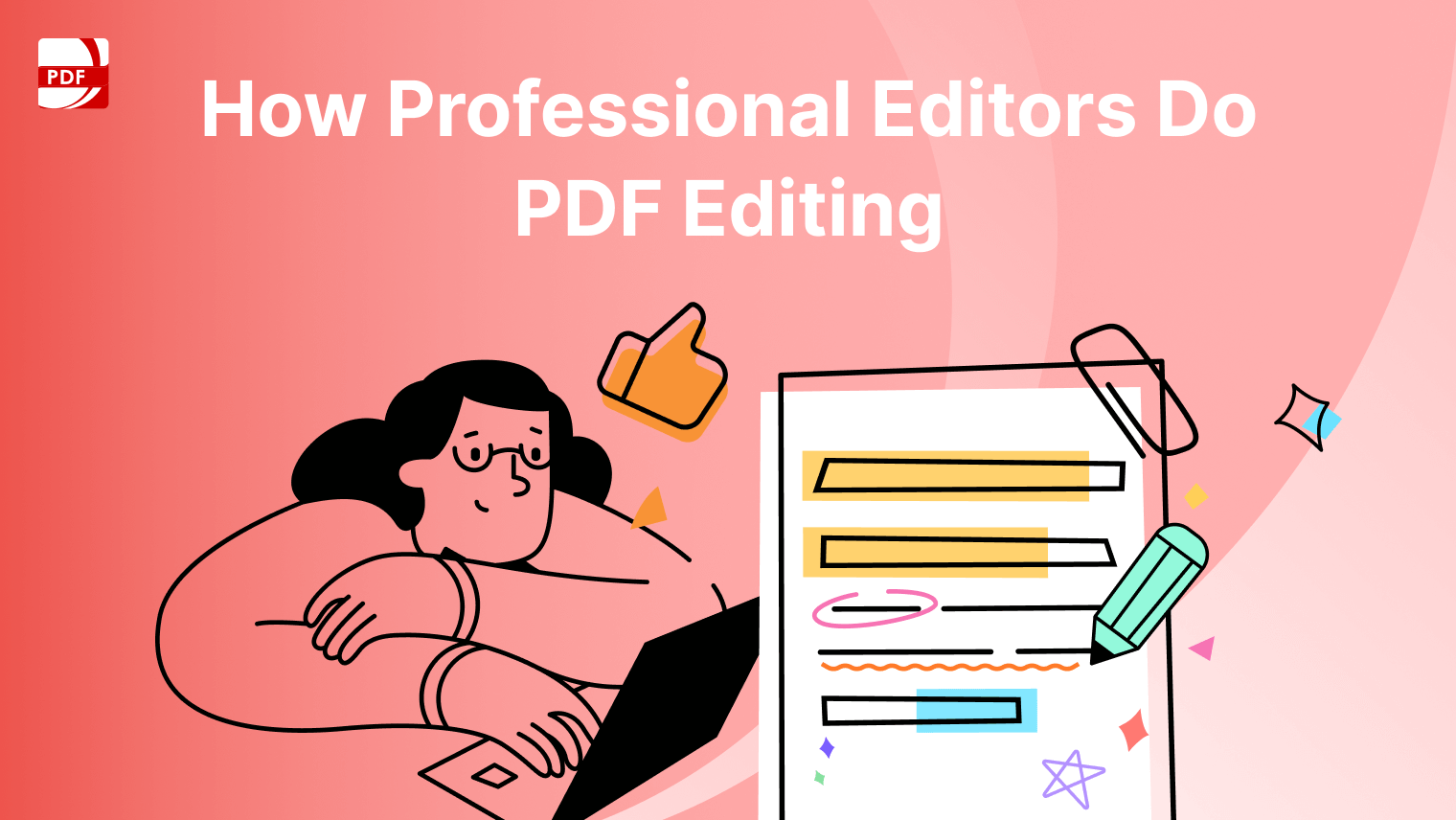Crafting a Harvard resume PDF positions your achievements in a prestigious format.
This guide helps you create a standout document, ideal for academia, industry, or internships, ensuring you capture the right attention.
How to Create a Harvard Resume PDF
Step 1: Find a Template
Find a template like the one on PDF Reader Pro.
PDF Reader Pro's Harvard Resume will help you create a professional resume and address all needed categories.
Step 2: Edit your PDF
Customize your Harvard Resume using a PDF Reader/Editor tool like PDF Reader Pro. Click on "Edit PDF" to customize the PDF.

Step 3: Review Harvard Resume
After customizing your Harvard Resume, review and proofread it.
Step 4: Save PDF
Save as a PDF to your device.

PDF Reader Pro stands out for its user-friendly interface and comprehensive editing tools, making it my preferred choice for working with PDF templates.
Its wide range of annotation features has significantly enhanced my document management process, enabling efficient collaboration and personal note-taking.

The ability to effortlessly modify templates and tailor them to specific needs, coupled with the intuitive navigation, has saved me time and enhanced my productivity, making PDF Reader Pro an invaluable asset in my workflow.
Use PDF Reader Pro to level up your PDF-related needs!

Importance of a Cover Letter
A cover letter for a Harvard resume is crucial because it provides a personalized introduction to your application, showcasing your writing skills and giving context to your resume.
It lets you articulate why you're a perfect fit for the position and how your academic and extracurricular experiences at Harvard have prepared you for the role's challenges.
Do's |
Don'ts |
| Customize Your Letter: Tailor each cover letter to the specific job and company, highlighting how your experiences align with the job requirements. | Reuse the Same Letter: Avoid sending a generic cover letter for every application, as it shows a lack of effort and interest. |
| Highlight Achievements: Focus on your accomplishments and how they’ve prepared you for the position | Simply Repeat Your Resume: Don’t regurgitate your resume verbatim. Instead, provide context and stories that add depth to your application. |
| Show Enthusiasm: Express genuine interest in the role and the company, explaining why you’re excited about the opportunity. | Be Overly Formal: While professionalism is key, overly formal language can make your letter seem impersonal. |
| Be Concise: Keep your cover letter to one page, focusing on your most relevant experiences and achievements. | Include Irrelevant Information: Don’t clutter your cover letter with unrelated accomplishments or personal anecdotes that don’t support your application. |
| Proofread: Ensure your cover letter is free of typos and grammatical errors to demonstrate your attention to detail and professionalism. | Neglect to Edit: A cover letter with errors can undermine your application and suggest a lack of diligence. |
| Address the Letter Appropriately: Use the hiring manager’s name if possible, showing that you’ve done your research. | Use Generic Salutations: Avoid “To Whom It May Concern” if possible. If the name isn’t available, “Dear Hiring Manager” is a suitable alternative. |
Cover letters are a way for them to learn more about you and your suitability.

Best Writing Style for a Harvard Resume
The best writing style for a Harvard resume is clear, concise, and results-oriented, showcasing your achievements and experiences in a manner that is both professional and engaging.
1. Active Voice and Strong Verbs
Use an active voice and action verbs to make your responsibilities and achievements stand out. This approach brings energy and clarity, showing what you have accomplished. For example, instead of saying "Responsible for managing," use "Managed."
2. Quantifiable Achievements
Where possible, quantify your achievements with specific numbers, percentages, or outcomes to provide concrete evidence of your impact and capabilities. This might include metrics like the amount of revenue generated, percentages of improvement, or numbers of projects led.
3. Tailored Content
Customize your resume for the specific role or field you're applying to, highlighting the experiences and skills most relevant to the job. This demonstrates your understanding of the role and how you're uniquely qualified.
4. Professional Tone
Maintain a professional tone throughout your resume. While it should reflect your personality, it's important to keep the language formal and focused on your professional experiences and accomplishments.
5. Brevity and Clarity
Be succinct and avoid unnecessary jargon or complex language. Your goal is to communicate your qualifications efficiently, making it easy for the reader to understand your value proposition.
6. Consistent Formatting
Use a clean, professional format with consistent font usage, bullet points, and headings. This not only makes your resume easier to read but also demonstrates your ability to organize information logically.
These aspects are designed to create a compelling narrative of your career, emphasizing not just where you've been but what you've accomplished and how you've made a difference.
You can also check our resume resource on How to Write a Resume with No Experience.
Tips to Make Your Harvard Resume Stand Out
To ensure your Harvard resume not only meets the high standards expected but also stands out among a sea of qualified candidates, focus on these top 5 unique tips:
- Incorporate Relevant Courses: Detail your specialized knowledge and dedication to your field, making your academic background more appealing to employers.
- Professional Online Presence: Include links to a professional online profile or portfolio that can offer a more comprehensive view of your qualifications and achievements, providing a dynamic element to your resume.
- Languages and International Experience: Highlighting your multilingual abilities and international exposure showcases your adaptability and global perspective.
- Publications and Presentations: Citing any publications or presentations you’ve contributed to establishes your expertise and thought leadership within your field, setting you apart as a candidate with proven knowledge.
- Technical Skills and Certifications: Listing relevant technical skills and certifications can significantly elevate your resume, especially for roles where specific technical competencies are crucial.
Ensuring Your PDF Resume is ATS-Friendly
- Use Standard Fonts: Stick to ATS-friendly fonts like Arial, Calibri, or Times New Roman.

- Avoid Tables and Columns: While they make the resume visually appealing, ATS systems may have difficulty reading them.
- Incorporate Keywords: Reflect language from the job description, focusing on skills, tools, and qualifications. There are tools to help with keywords.

- Keep the Format Simple: Use a straightforward layout without graphics or images that could confuse ATS software.
- Save as a PDF: After finalizing your resume in a text-based program, save it as a PDF to preserve the layout while ensuring it's readable by most ATS systems.
FAQ for Harvard Resumes
How long should my Harvard resume be?
A Harvard resume is typically one page long for undergraduates or professionals with less than 10 years of experience. For those with more extensive careers, a two-page resume can be acceptable.
Can I use a Harvard resume for any industry?
Yes, a Harvard resume can be tailored to suit various industries by highlighting the most relevant experiences and skills for the specific sector you are applying to.
What makes a Harvard resume different from a regular resume?
A Harvard resume stands out due to its high level of clarity, precision, and strategic presentation of information. It effectively showcases achievements and skills in a way that is immediately noticeable to recruiters.
Should I include a cover letter with my Harvard resume?
Yes, including a tailored cover letter with your Harvard resume is recommended as it provides an opportunity to further elaborate on your qualifications and interest in the position.
How important are keywords in a Harvard resume?
Keywords are crucial in a Harvard resume, especially with the prevalence of Applicant Tracking Systems (ATS). Including job-specific keywords and phrases ensures your resume passes through ATS filters and reaches human recruiters.











 Free Download
Free Download  Free Download
Free Download 





 Support Chat
Support Chat